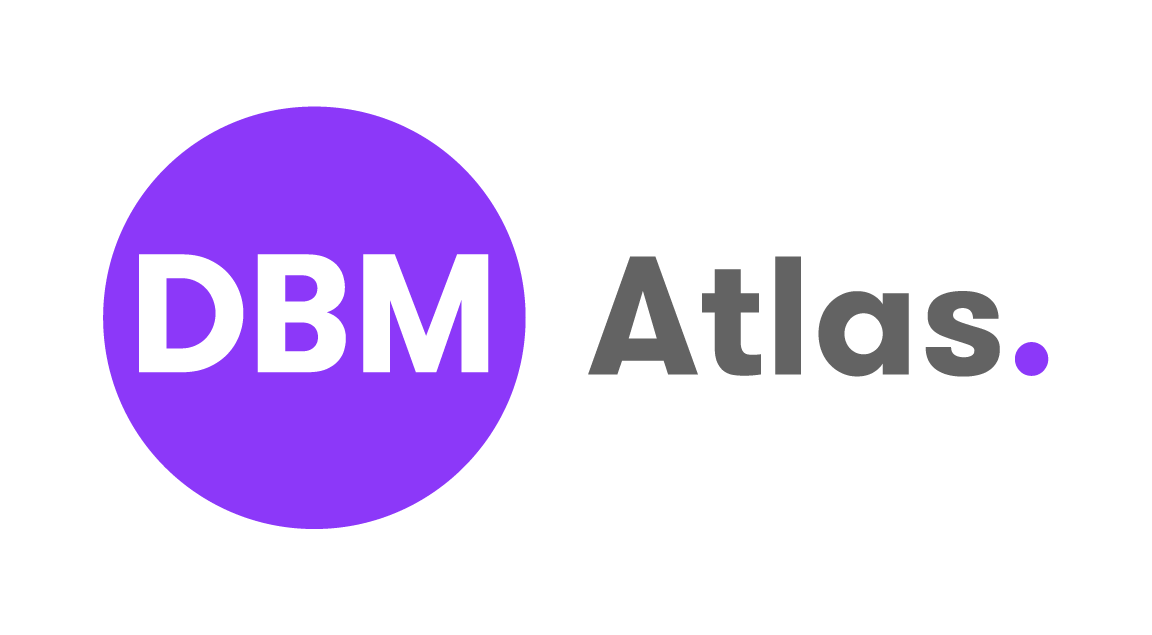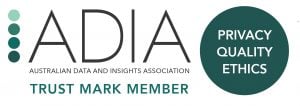Sydney 5th April 2023 – Embargoed until 00:01 AM AEST on […]
Insights - Advice - Solutions
What Our Clients Are Saying.
Big 4 Bank
Head of Group Market Research
Latest Insights.
A recent study of DBM Connect panelists reveals SME attitudes towards emissions, how their business is responding to the emissions challenge, and their expectations of suppliers and business partners.
By Tony Williams, Executive Director, DBM Consultants & Lucas Carreras, […]
DBM Managing Director Dhruba Gupta shares 2 fundamental things financial services marketers should know to boost marketing ROI.
Past Events.
Fifth Annual DBM Australian Financial Awards 2023 Recognition | Celebration | Prestige Wed, March […]
Recognition | Celebration | Prestige Wed, March 16th, 2022 11:30 AM - 2:00 PM […]
Wed, Nov 10, 2021 9:30 AM - 10:30 AM AEDT […]
The third annual DBM Awards was held in March 2021 […]
GO-TO-MARKET. FAST. Marketing campaign planning has typically been painful. Slow […]
Misconduct, digitalization, disruption. With all the noise surrounding the financial […]
--Guest presenters to be announced-- View on Eventbrite About this […]


















